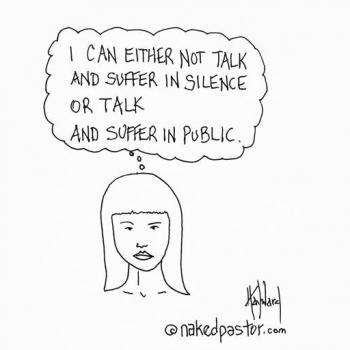An excellent editorial in the Dallas Morning News reminds us of the enormous amount of hidden “gendercide” that has taken place over the last generation. “Gendercide” is the selective abortion or infanticide of female fetuses and infants, particularly in China and India, but also in the Middle East, Africa and Eastern Europe.
Beverly Hill, the article author, states flatly:
Contrary to popular belief, the status of women does not improve when females are in short supply. In fact, just the opposite occurs. Sex trafficking increases, as does the buying and selling of brides. Aging bachelors, unable to find women of appropriate age, marry ever younger girls. These child brides leave school and begin bearing children. Maternal death rates soar as girls in their early teens attempt tasks their bodies cannot manage.
Evidence reveals strong correlations between sex imbalance and crime. A study conducted in 2000 showed that sex ratios are the best predictors of murder rates in India — better predictors than poverty, illiteracy or urbanization. In China, crime has spiked in the regions where sex-selective technology first became available.
Women, devalued in about every society and in about every religion, must be present and influential in every society and every religion in order to bring stability and health. Who would have known? Wow!
And yet, even in the supposedly enlightened West where we say all are valued, many religious leaders (mostly male) insist that their Bible, rightly read (i.e., the way they read it) insists that women must not take pastoral leadership roles in the church. Women’s voices are limited to what is now called their “spheres of influence,” i.e., other women and children, but not in the public square where theology is debated and honed and where much religious thought finds press and influence.
Long ago, I left that theological world, but I spent many, many years there. I continue to read what they write, and wonder that they can’t see the subtle effect of keeping women silent in positions of influence. In much of the world, the silence is not even subtle. It’s overt, violent, and is going to even further destabilize already unstable societies.
It will take at least one more generation to begin to change this balance, IF people will do what is necessary: speak out loudly about this world-wide tragedy and do whatever possible to turn this around.
What if we don’t act? I shudder to think of the consequences of unstable, increasingly violent societies whose technology gives power to destroy all of us.
After I wrote this post on January 15, I saw this article in the January 16 New York Times. It speaks of life in a North Dakota town where again, men hugely outnumber women and how the few women there are routinely harassed and are the targets of dangerous, unwanted attention.
One would like to think that at some point, we have learned that all human beings, both before and after birth, are deserving of respect. What a fantasy. And again, unfortunately, religious thought often makes it worse. I’m right in the middle of reading a book about life for women in Saudi Arabia called In the Land of Invisible Women, written by Qanta Ahmed who is a Muslim physician but had never been to Saudi Arabia until she spend some time there in medical practice and discovered what it was like to be veiled and covered at all times when away from her living quarters or in another private residence. It’s both fascinating and sad.
Always, I ask: why must some people be kept as less than human in order for others to see themselves as fully human.
Many years ago, Dorothy Sayers, theologian, novelist, profoundly Christian woman, wrote a book called, “Are Women Human?” That short book still needs to be widely read. She wrote it asking why it is that woman in so many ways, especially in theological worlds, are described as human and in the image of God yet often with the word “but” added. “But” they can’t do this or shouldn’t do that.
There are lots of societal issues that the church must address. The United Methodist Church has a great track record of addressing many of these knotty and societal and theologically complex issues. I think we must remember that the battle is not yet over here.















